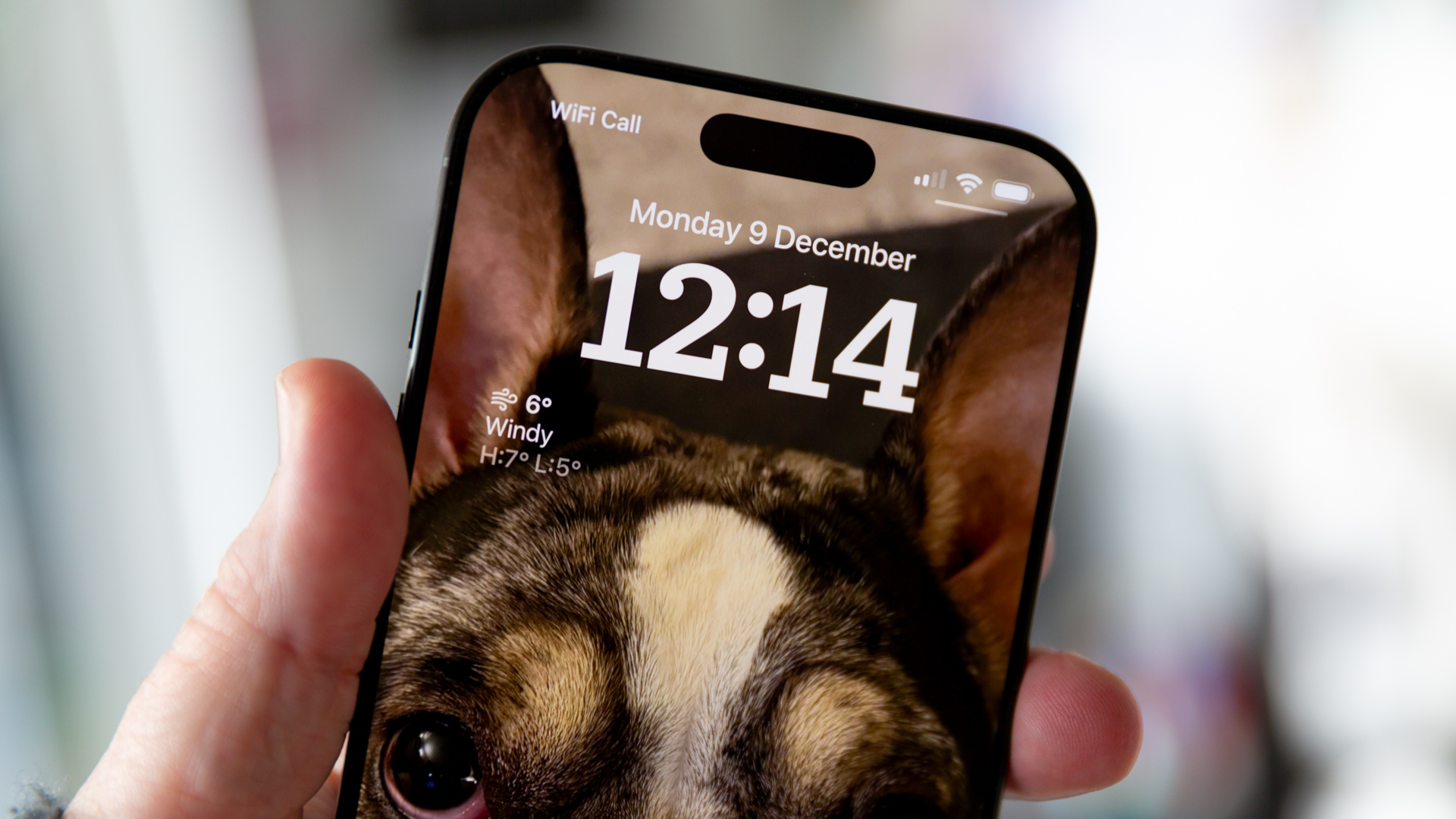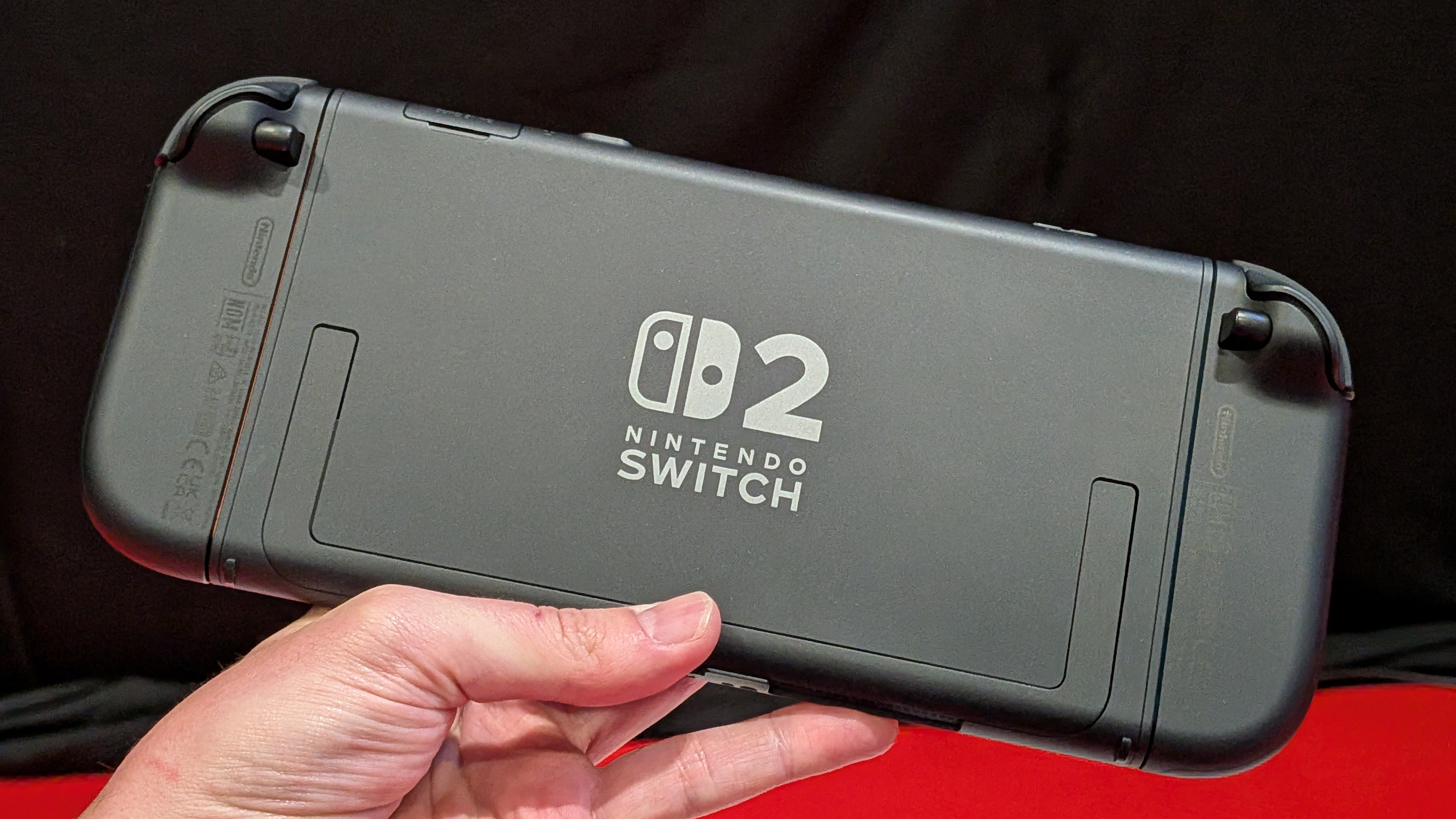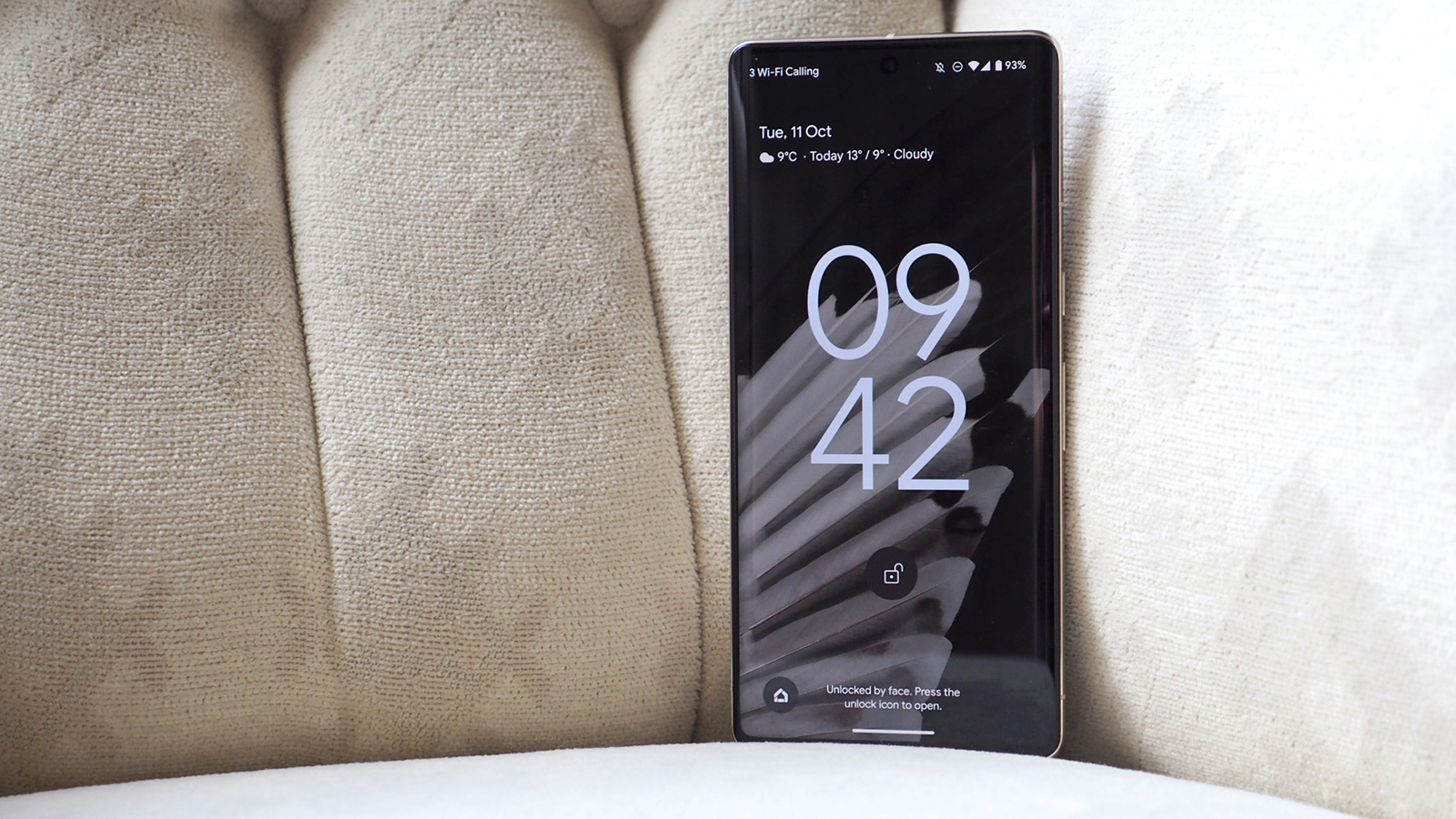

You may well have read about some of the upgrades coming to iOS 17 later this year: we're looking at improvements to reminders, better ways to display your contacts on screen, a new mode for using your iPhone as a bedside clock, and plenty more besides. There's no doubt Apple's software engineers have been hard at work.
However, all of these upgrades combined aren't going to be enough to tempt me away from using one of the best Android phones as my main handset. Having used both Android and iPhones alongside each other for years (it's all part of the job of being a tech journalist), Android is the mobile operating system that I'm still the happiest and most comfortable using.
And I'm saying that even though Android 14 is shaping up to be something of an underwhelming software update. Perhaps it's because Android already does so many things right? Here are some of the main reasons that I won't be trading my Google Pixel 7 Pro in for an iPhone when iOS 17 lands.
More customisation options
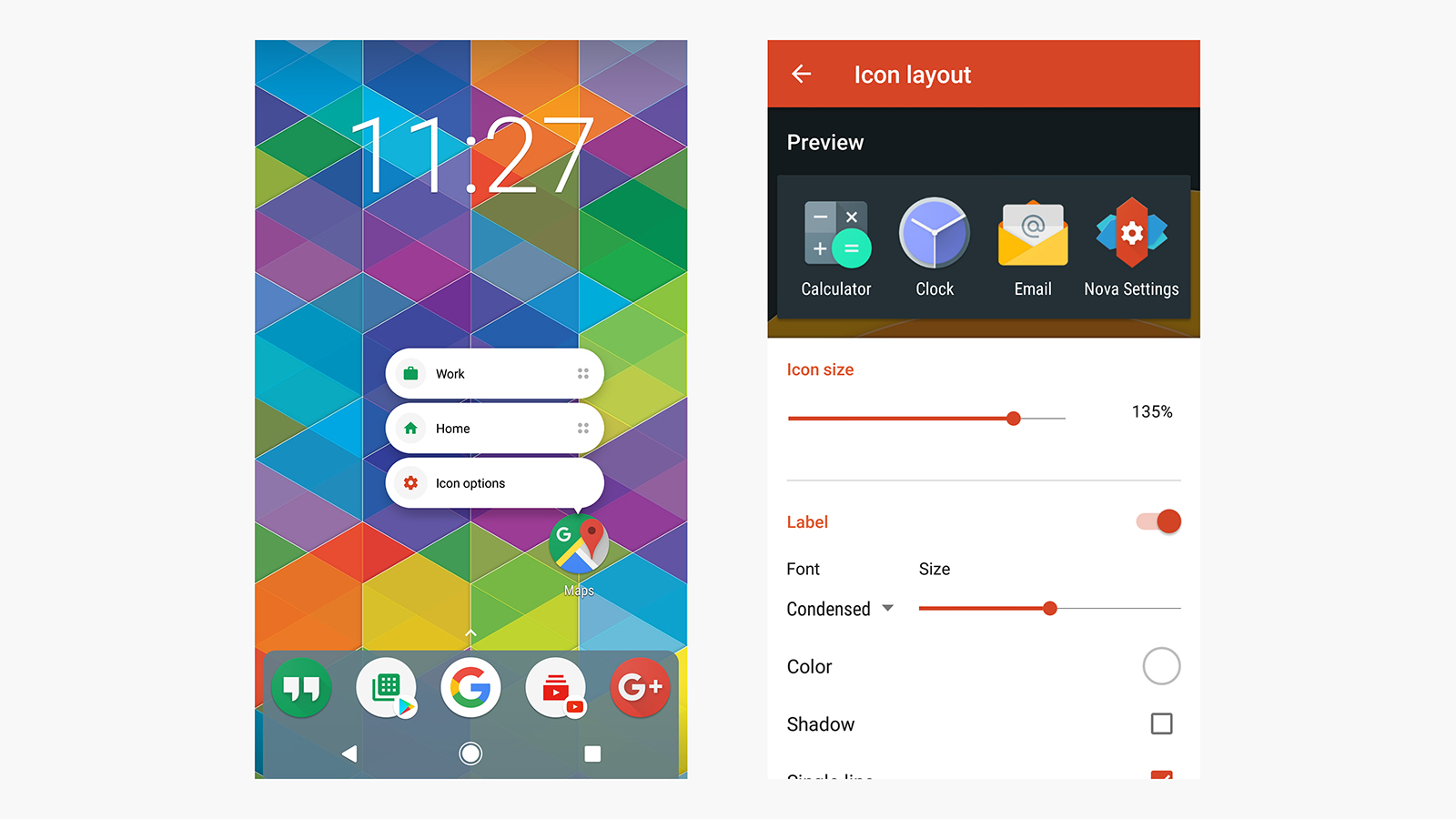
The Nova launcher completely reskins Android
Android has long been recognised as the more customisable of the two major mobile operating systems. Even though Apple has recently added features such as home screen widgets and lock screen tweaks to iOS, Android still wins when it comes to the different ways you can alter the appearance of the software.
For example, you can see that in the recently introduced feature that lets you set system colours and even skin app icons based on the wallpaper that's currently set – at the moment, you can't do anything like that on an iPhone. I also like the way you can create wallpapers from emojis in Android 14.
If you want the ultimate in Android customisation, then you can of course install an entirely different launcher to take over every aspect of the interface: something like Nova or Hyperion. They can completely transform the look of your Android phone's software with just a few taps, and offer even more customisation options than normal.
Better Google integrations
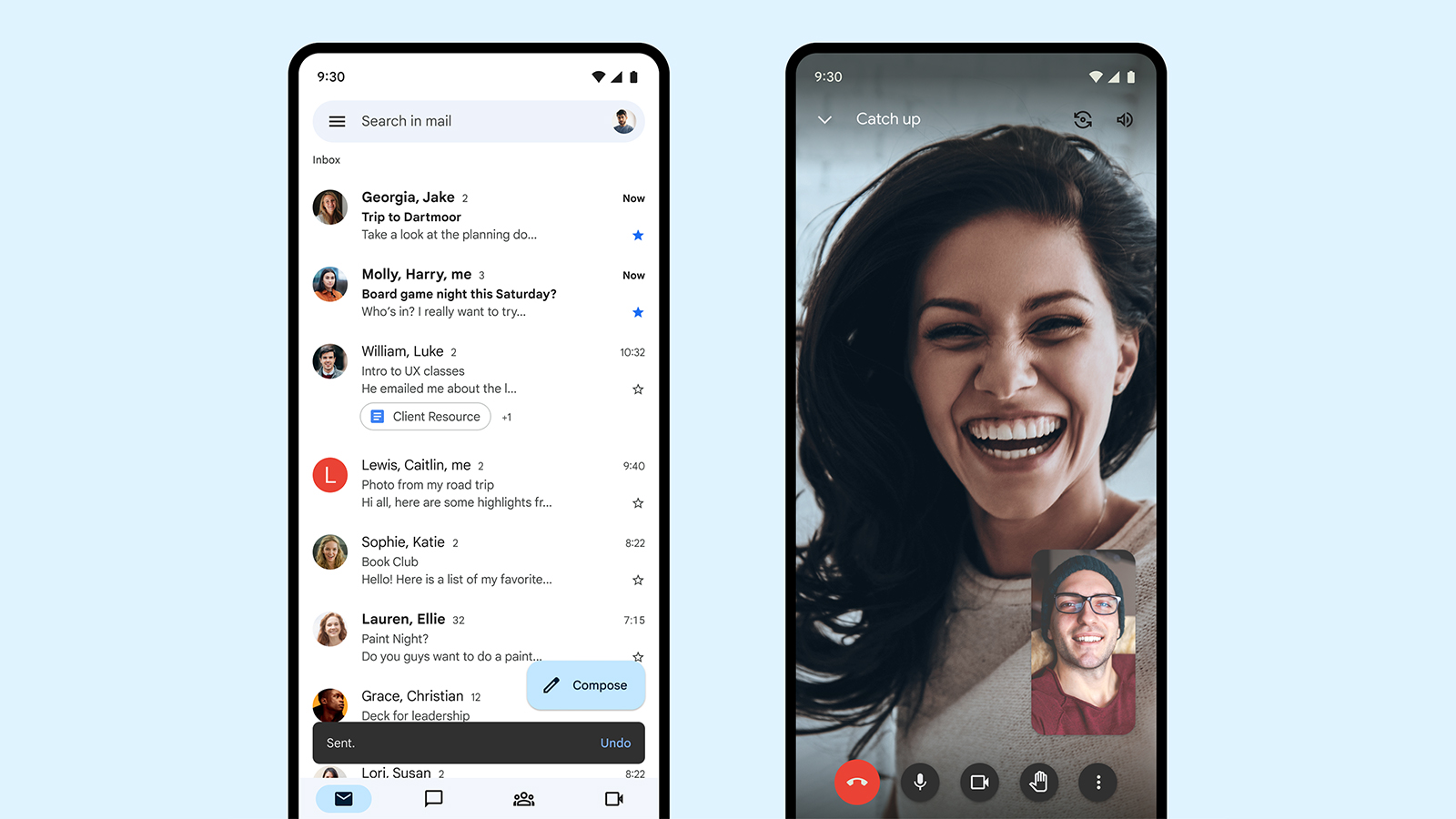
The Gmail app for Android
With Google the main player in developing Android, you would expect its apps to work seamlessly with the mobile operating system, and they absolutely do. Whether you're sending emails, or backing up your photos or videos, or trying to use Google Assistant seamlessly across multiple devices, or wanting a home screen widget showing Google Calendar, it all just works better on Android.
Sign up to the T3 newsletter for smarter living straight to your inbox
Get all the latest news, reviews, deals and buying guides on gorgeous tech, home and active products from the T3 experts
Of course, Gmail, Google Maps, Google Keep, YouTube, and the rest of Google's apps are all available on iOS as well, and all perfectly usable. But the Android versions have the edge – take the way that you can customise email notifications based on how important the email is on Gmail for Android, for example.
If you've got a Google Pixel, then there are even more benefits (I've previously written about the four I can't live without). You get exclusives like the at-a-glance home screen widget (tightly integrated with Gmail and Google Calendar, as you would expect), the Now Playing feature that is constantly looking to identify the songs playing around you, and the very handy Recorder app that can transcribe speech instantly and turn it into text.
More flexibility for apps
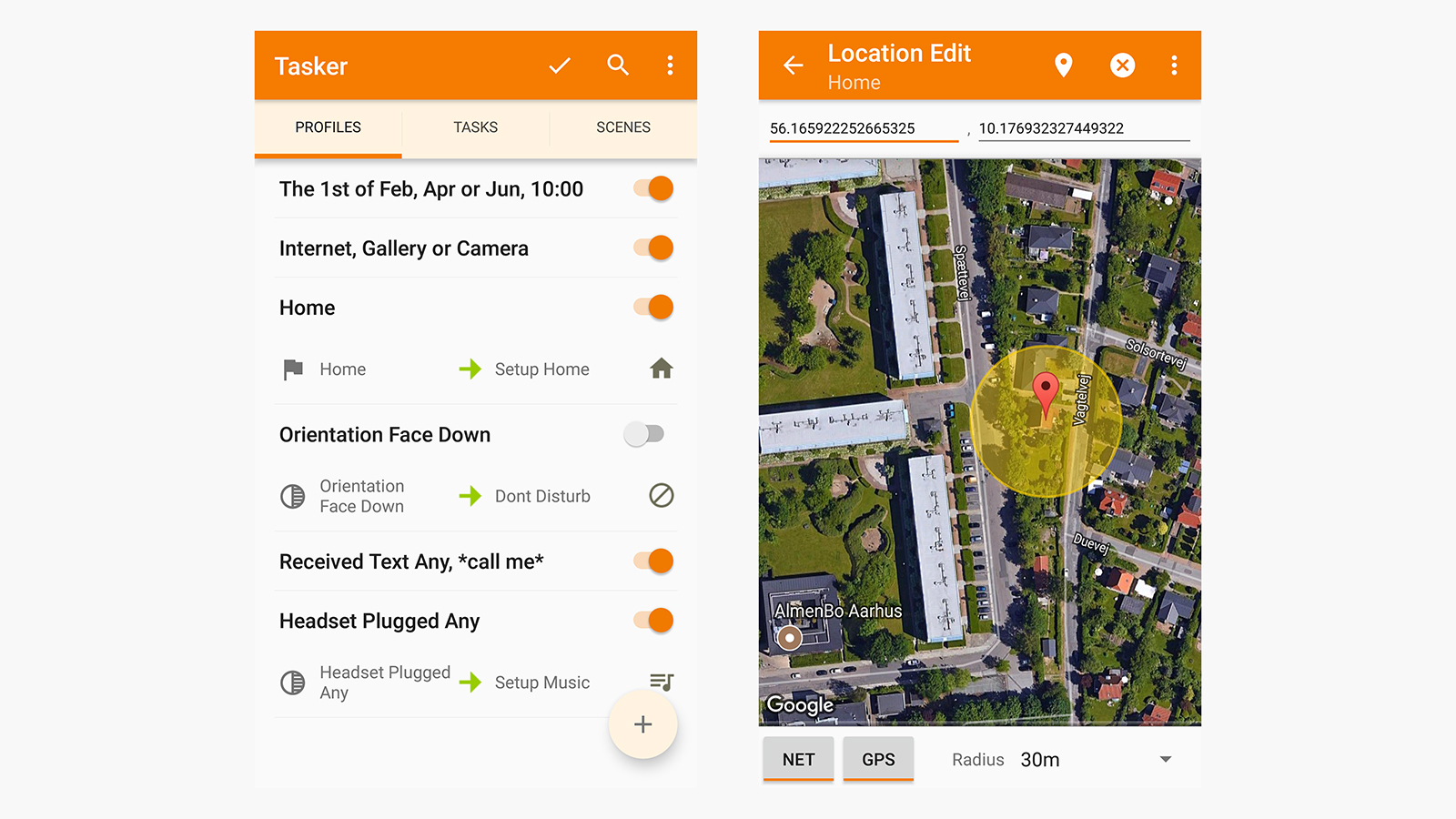
Apps like Tasker can do more on Android
If you've only ever used an iPhone, you may not realise that there are whole groups of apps available on Android that simply don't exist on Apple's smartphone, because of the way that iOS restricts third-party apps. We've already mentioned home screen launchers, for example – a category that isn't in the iOS App Store.
There are technical automation apps such as Tasker on Android that need low-level access to the operating system that iOS doesn't allow, as well as a wide choice of screen recorder apps: you won't find any screen recorder apps for the iPhone, beyond the one Apple gives you. Android has plenty of notification management and customisation apps too, another area that third-party iOS apps can't get at.
Network diagnostics is another area where Android apps have more privileges than their iOS equivalents, and let's not forget that all iOS browsers, from Chrome to Edge, have to use Apple's own WebKit rendering engine too (something that may change soon under regulatory pressure). When it comes to app and user freedom, for me, Android still wins out.
Dave has over 20 years' experience in the tech journalism industry, covering hardware and software across mobile, computing, smart home, home entertainment, wearables, gaming and the web – you can find his writing online, in print, and even in the occasional scientific paper, across major tech titles like T3, TechRadar, Gizmodo and Wired. Outside of work, he enjoys long walks in the countryside, skiing down mountains, watching football matches (as long as his team is winning) and keeping up with the latest movies.
-
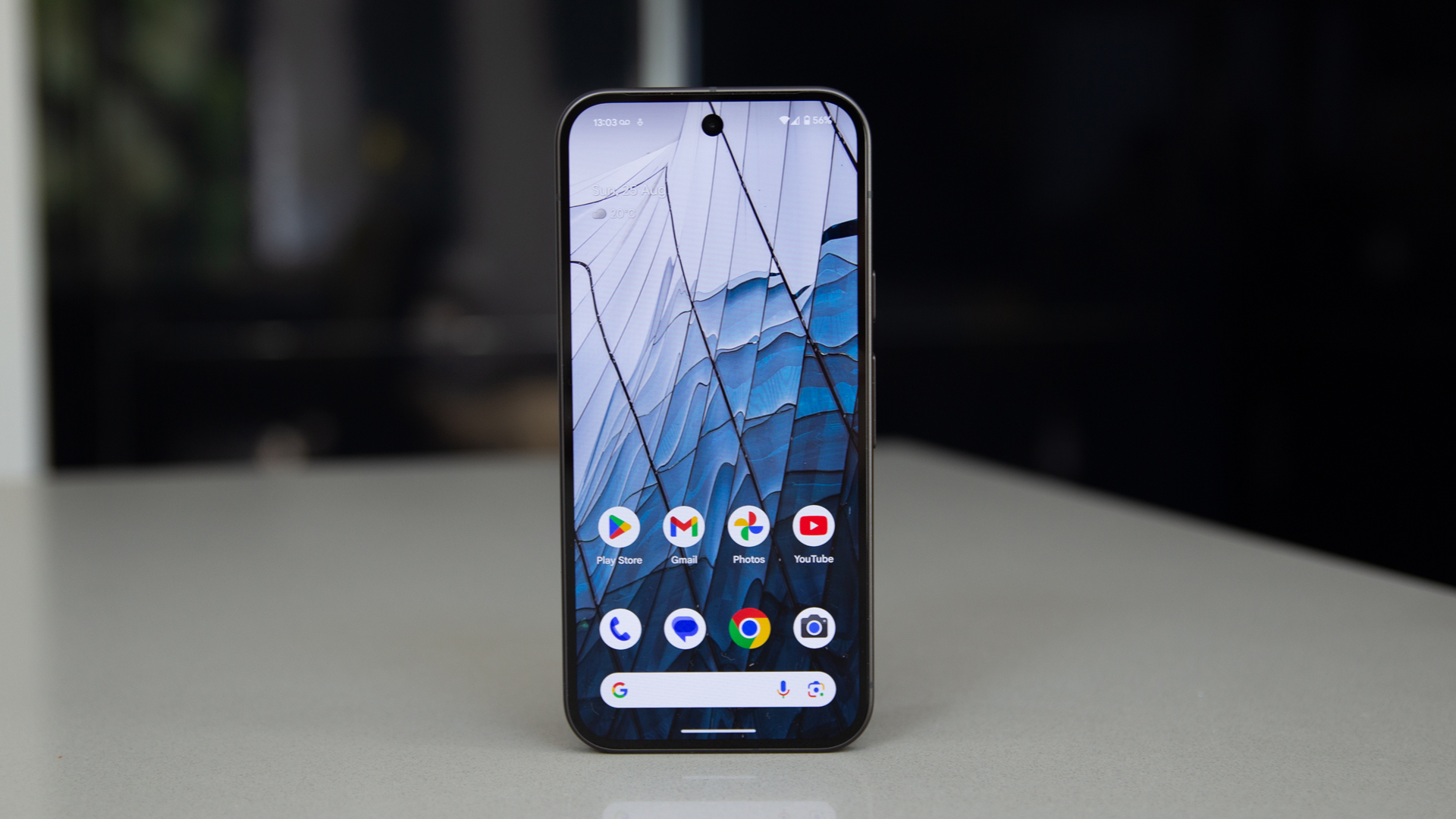 New Google Messages feature will make millions very happy
New Google Messages feature will make millions very happyIt's going to end a serious messaging blight
By Sam Cross Published
-
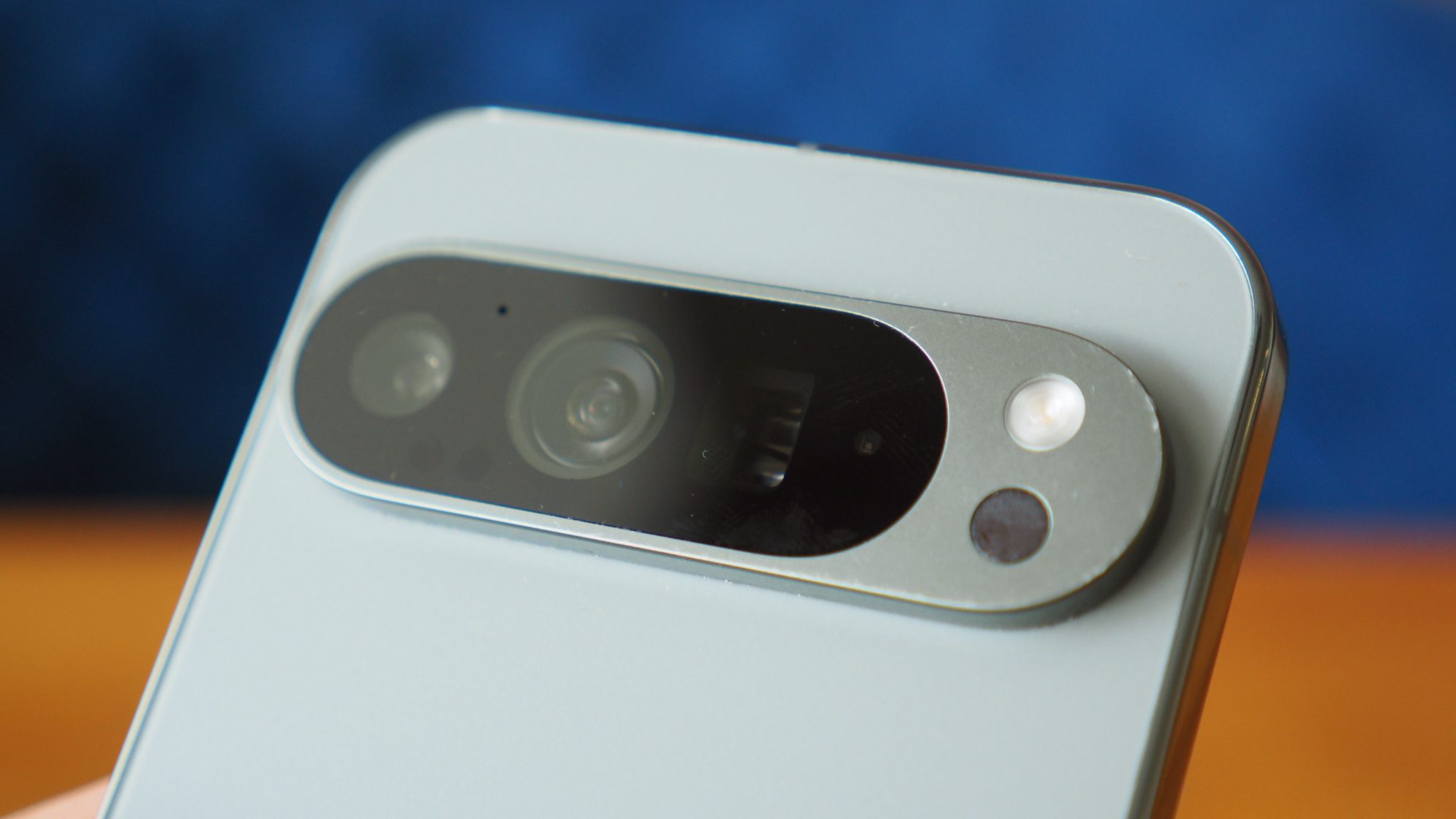 In an age of exciting upgrades, Google could downgrade the Pixel 10 instead
In an age of exciting upgrades, Google could downgrade the Pixel 10 insteadThere’s a change coming to the Pixel cameras and it could cause a stir
By Chris Hall Published
-
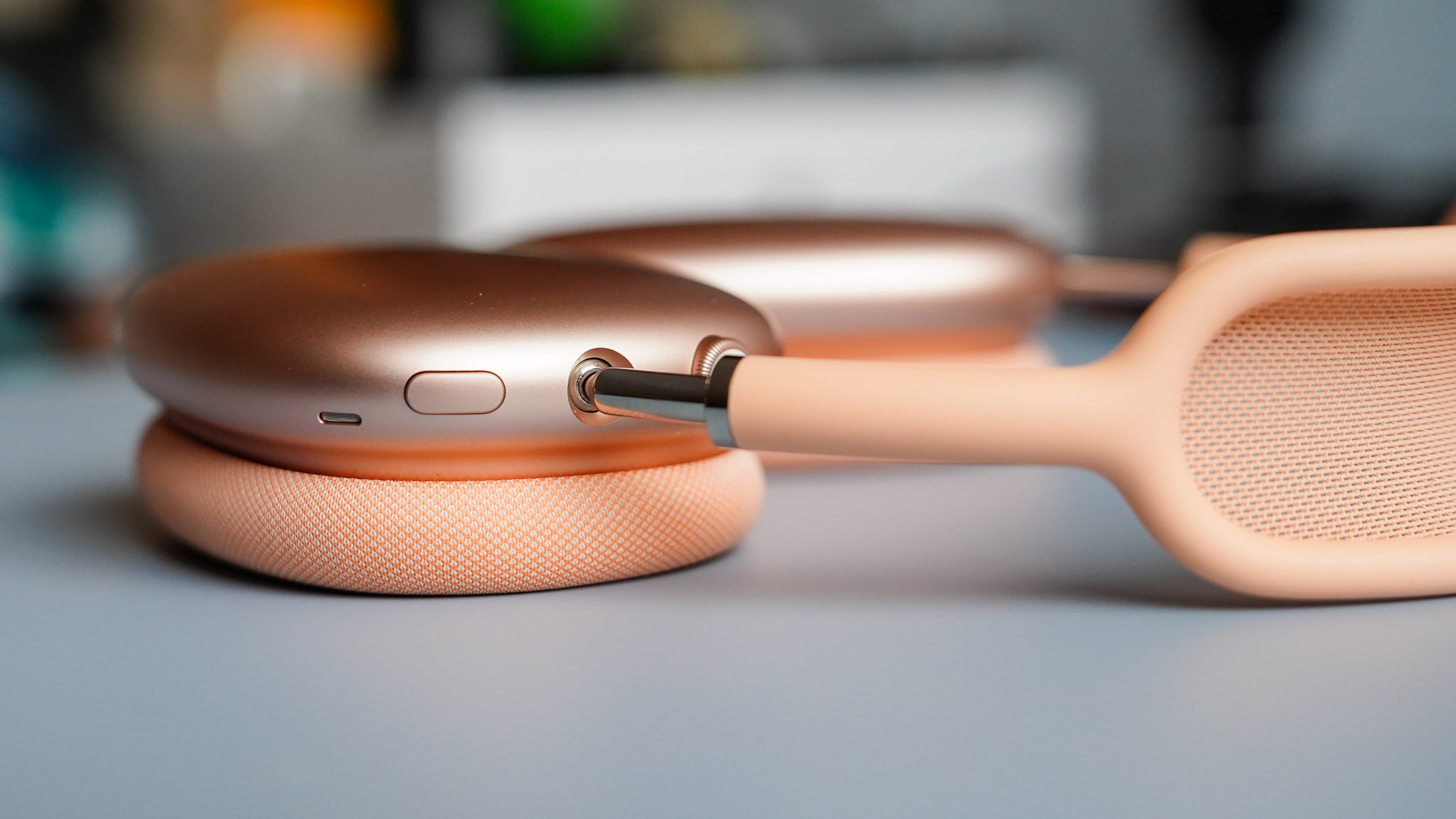 AirPods Max finally get the great free upgrade Apple promised
AirPods Max finally get the great free upgrade Apple promisedHere's how to make sure your headphones are running the right firmware
By Britta O'Boyle Published
-
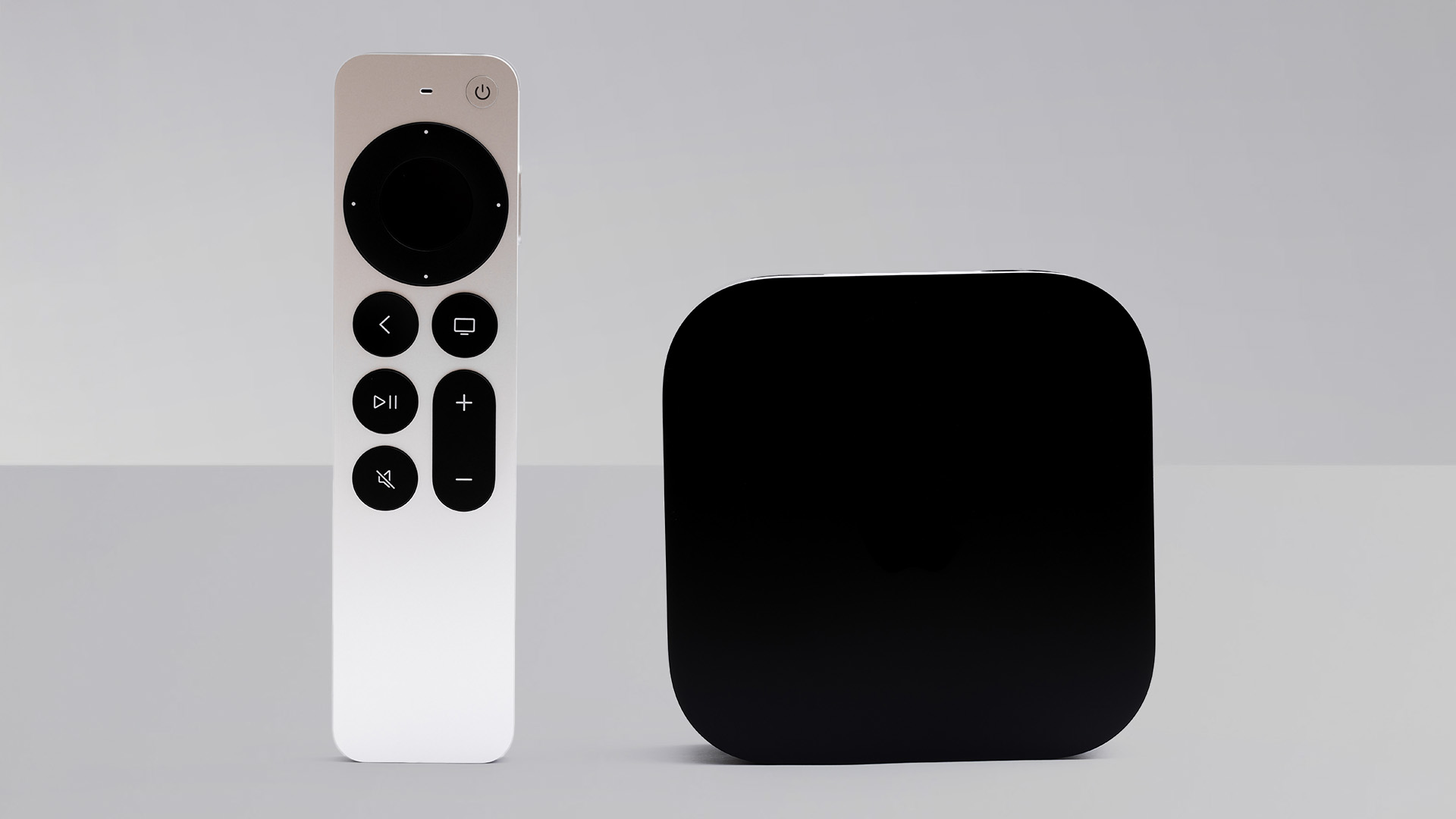 Apple TV gets a free update that makes it more simple to use
Apple TV gets a free update that makes it more simple to useApple has released tvOS 18.4 with a few design tweaks for its TV boxes
By Rik Henderson Published
-
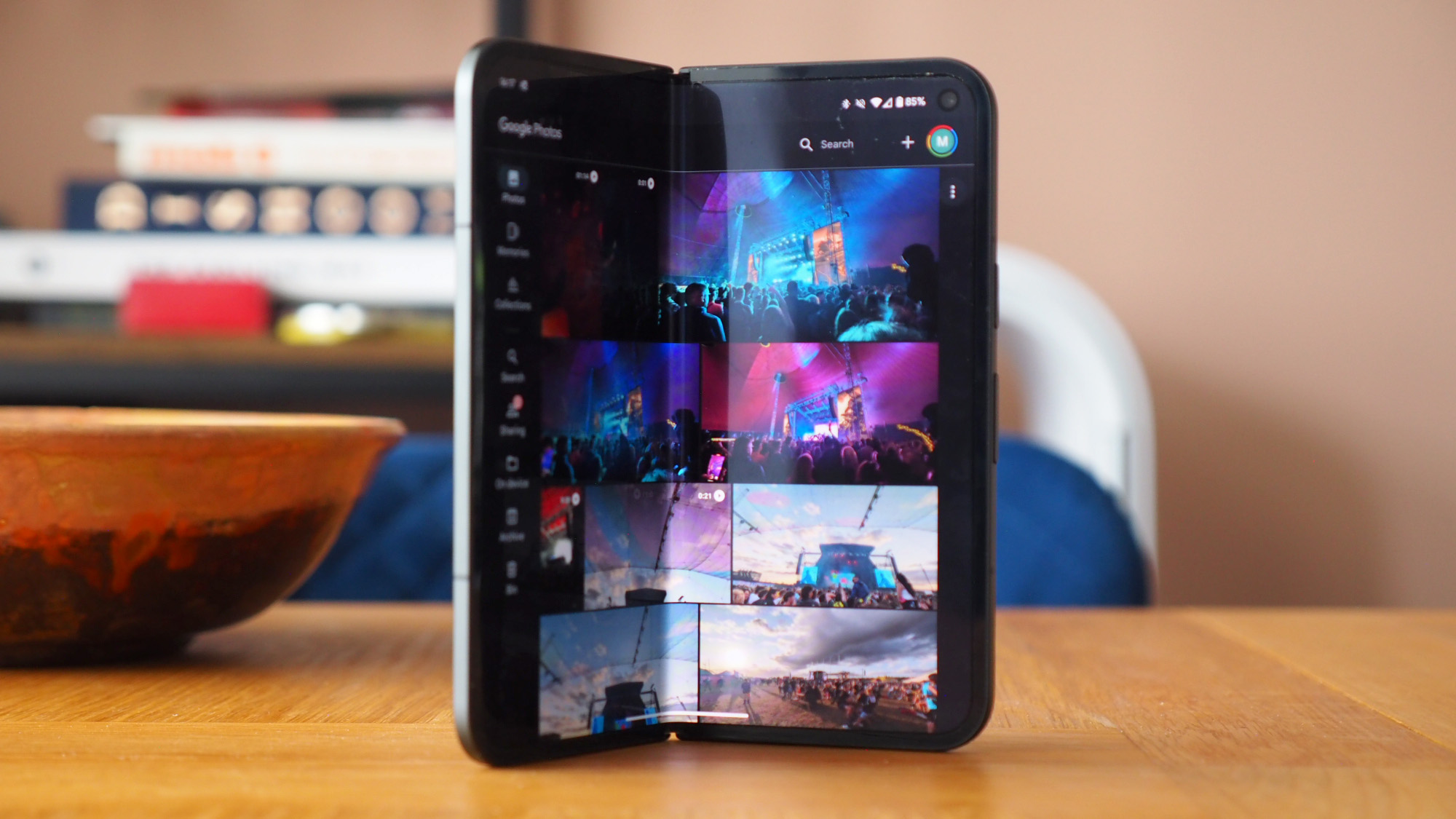 Google Pixel 10 Pro Fold renders show an early contender for foldable of the year
Google Pixel 10 Pro Fold renders show an early contender for foldable of the yearEven though it might not be the slimmest, it could be the sexiest
By Britta O'Boyle Published
-
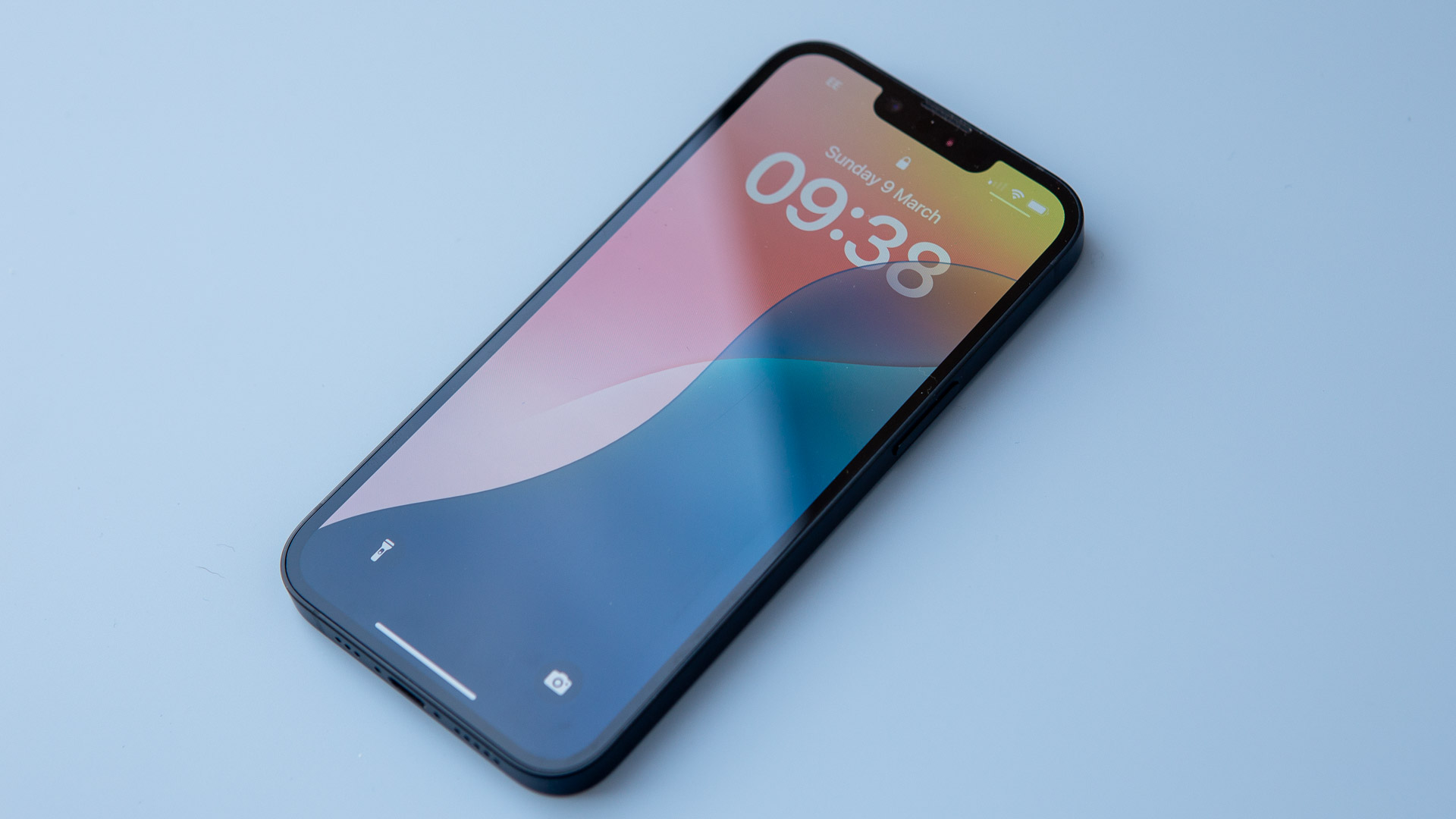 Your iPhone gets some new tricks - here’s what it can do now
Your iPhone gets some new tricks - here’s what it can do nowThe new emojis and priority notifications are probably our favourite
By Britta O'Boyle Published
-
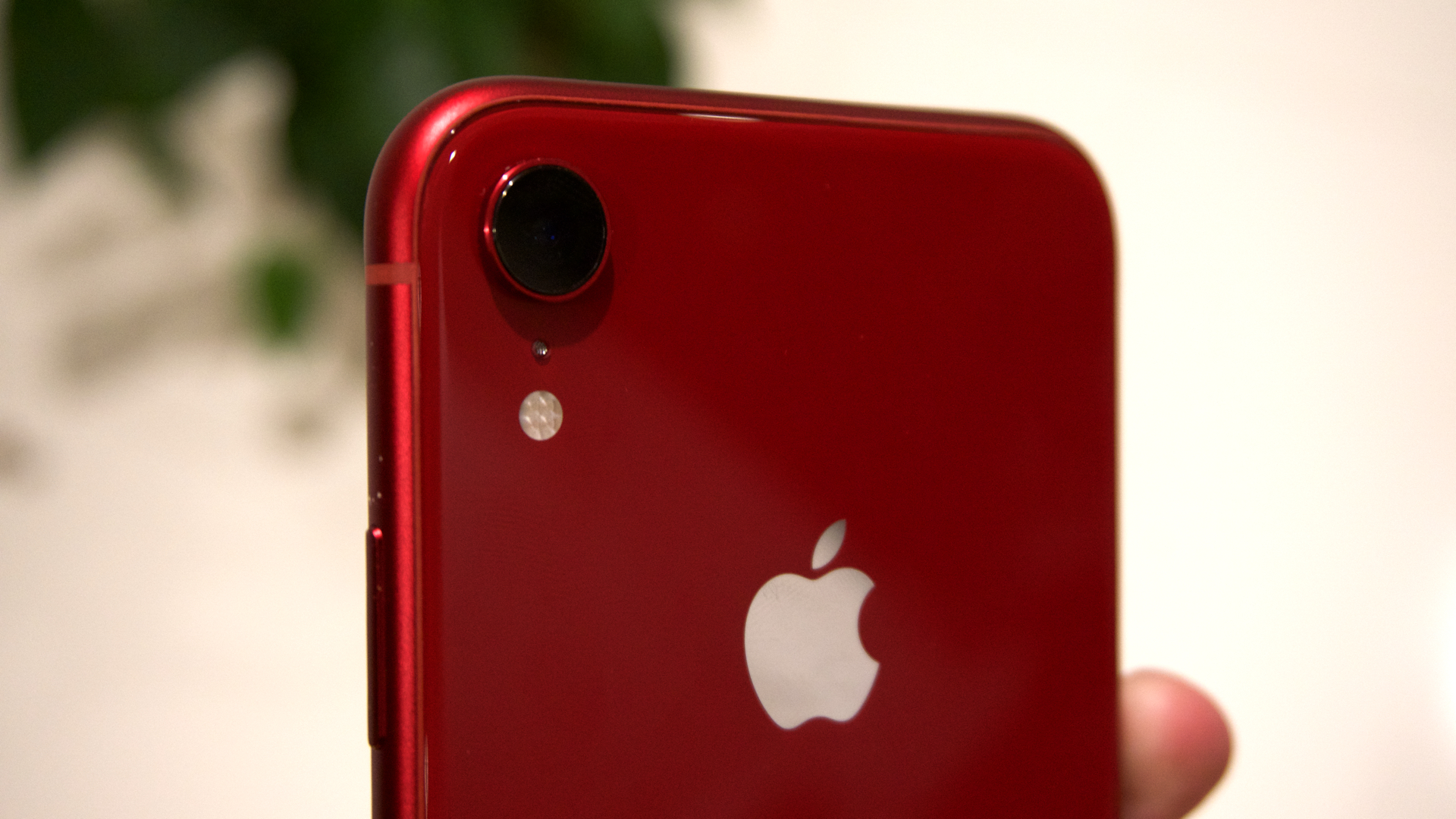 Older iPhones at risk of being left behind when iOS 19 arrives – is your device one of them?
Older iPhones at risk of being left behind when iOS 19 arrives – is your device one of them?Apple will reportedly drop three iPhone models when it comes to the iOS 19 update
By Carrie Marshall Published
-
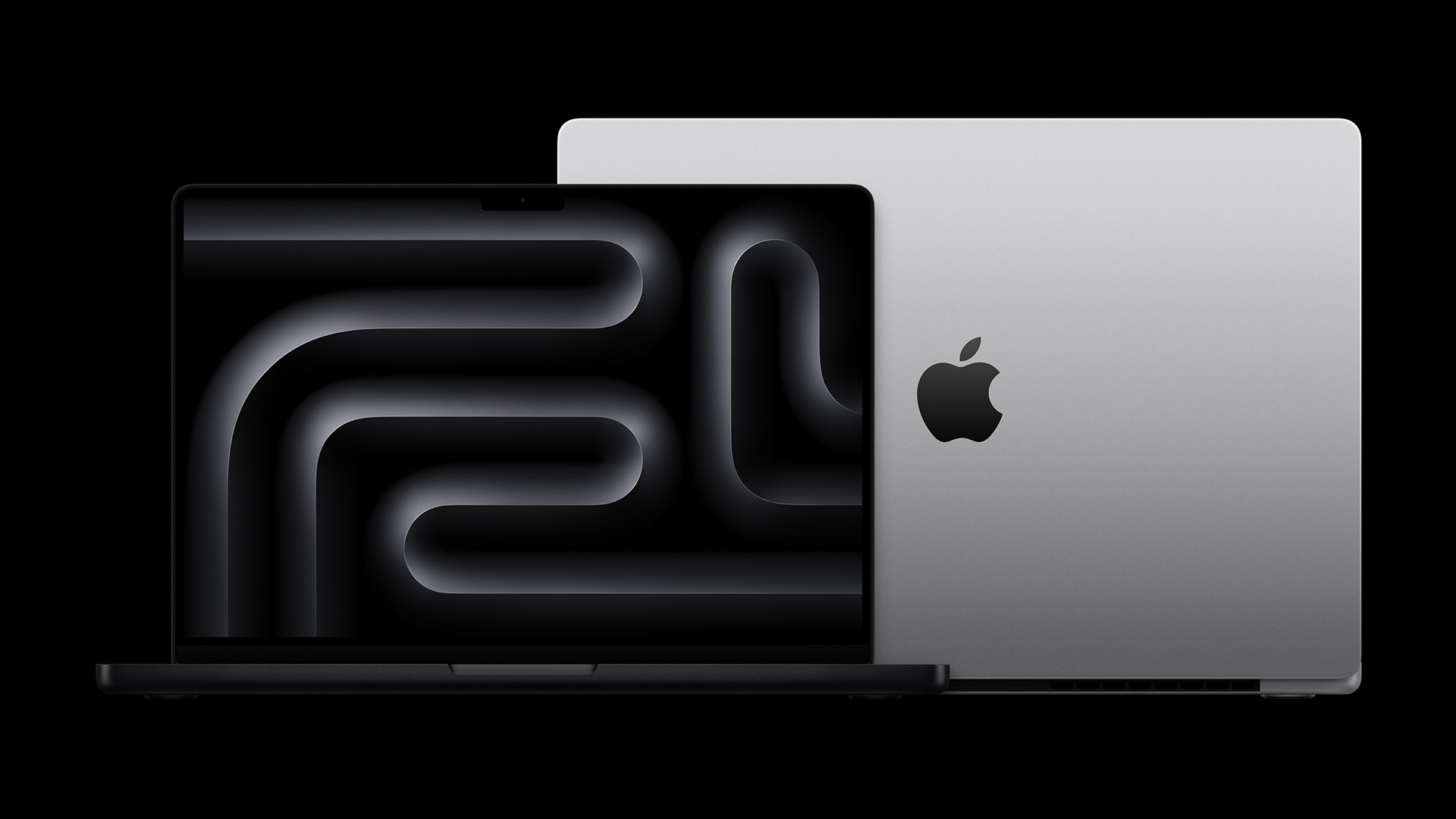 Your next MacBook Pro could be a game-changer for three good reasons
Your next MacBook Pro could be a game-changer for three good reasonsApple will reportedly upgrade next year's MacBook Pro in three major ways
By Rik Henderson Published
